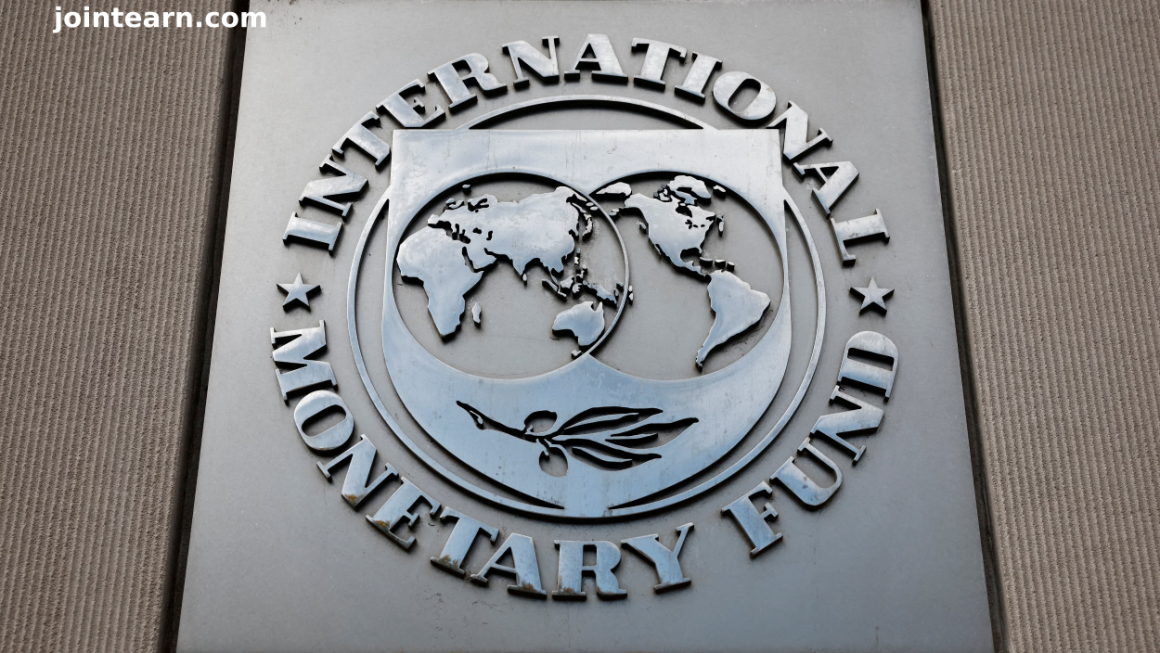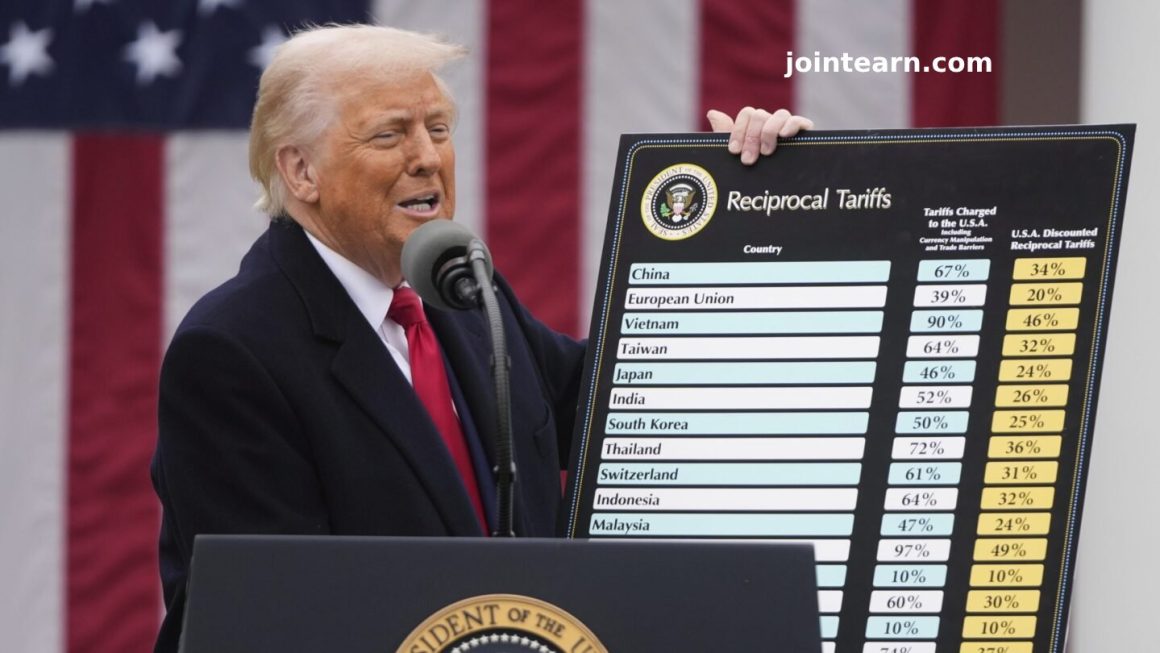Major UK retailers are welcoming the government’s decision to review the current tax-free parcel rule, which allows overseas companies like Shein and Temu to send small packages to the UK without incurring import duties. The rule, which exempts parcels valued at £135 or less from taxes, has been criticized for giving international retailers an unfair advantage over British businesses, especially those operating on UK high streets.
Retailers Criticize the “De Minimis” Rule
Retailers such as Theo Paphitis, whose group includes Ryman and Robert Dyas, argue that the tax-free threshold undermines local businesses by enabling overseas retailers to offer lower prices, often at the expense of quality or ethical standards. Paphitis has voiced concerns that the rule is driving UK high streets into decline, as fast-fashion brands and low-cost goods from platforms like Shein and Temu have flourished under this exemption.
Government to Review Customs Rules for Low-Value Imports
Chancellor Rachel Reeves announced the government’s intention to review the customs treatment of low-value imports, a measure that has gained traction in recent years due to the surge in parcels entering the UK. Under the current “de minimis” rule, international retailers shipping parcels valued under £135 are not subject to UK taxes, making it easier for companies to bypass duties that domestic retailers must pay.
Leading UK retailers, including Sainsbury’s, Currys, and the British Retail Consortium, have supported the review, urging the government to level the playing field between domestic and overseas competitors. The increase in the volume of low-value parcels entering the country, particularly from Chinese e-commerce giants like Shein and Temu, has raised alarms about unfair competition.
Concerns Over Tax Revenue and Ethical Standards
Aside from competitive concerns, critics argue that the UK is missing out on substantial tax revenue as a result of the tax-free parcel rule. Some retailers also raised concerns about the environmental and ethical standards of the products shipped under this exemption, suggesting that cheaper goods may not meet the same requirements as locally-sourced products.
Global Impact and the U.S. Experience
The UK’s review comes after the United States announced a similar change, scrapping a similar exemption for low-value imports under $800 as part of its trade war with China. The move prompted Chinese retailers to raise their prices, and UK retailers are concerned about potential price surges from overseas sellers. There are also worries that China could begin “dumping” goods in the UK to avoid tariffs imposed by the U.S.
Currys’ CEO, Alex Baldock, welcomed the UK government’s review, emphasizing the need for fairness in the marketplace. He stated, “It’s good that the government is reviewing the low-value shipment loophole to ensure a level playing field between British and overseas retailers.”
Federation of Small Businesses Cautions Against Sudden Changes
However, not all groups agree with eliminating the tax-free parcel rule. The Federation of Small Businesses (FSB) cautioned that removing the exemption could raise costs for smaller businesses and consumers. FSB chair Tina McKenzie pointed out that 16% of goods moved by small businesses fall below the £135 threshold, meaning scrapping the exemption could increase trading costs and contribute to inflation.
Calls for Immediate Action on Unfair Competition
Retailers are also calling for the government to address what they see as a growing issue of non-compliant goods entering the UK market without facing the same tax and regulatory scrutiny as domestically-sold items. Helen Dickinson, CEO of the British Retail Consortium, stressed the importance of the review in ensuring that imported goods meet the same standards and tax obligations as those produced within the UK.
Sainsbury’s CEO Simon Roberts also expressed support for the review, stating that it was critical for all retailers to pay their fair share of taxes. “Everyone should pay their tax… If there’s a loophole here, it needs to be closed to ensure fairness for all businesses,” Roberts said.












